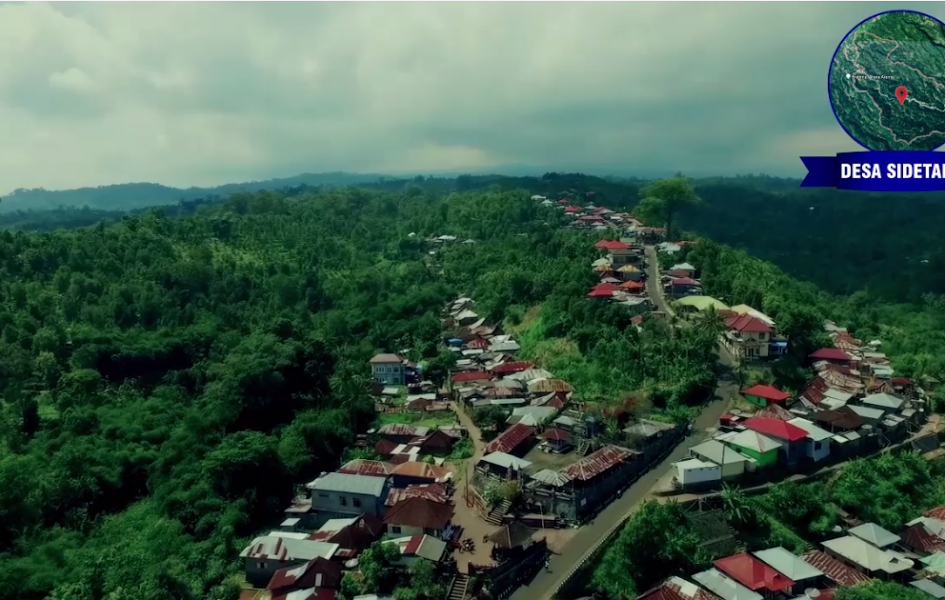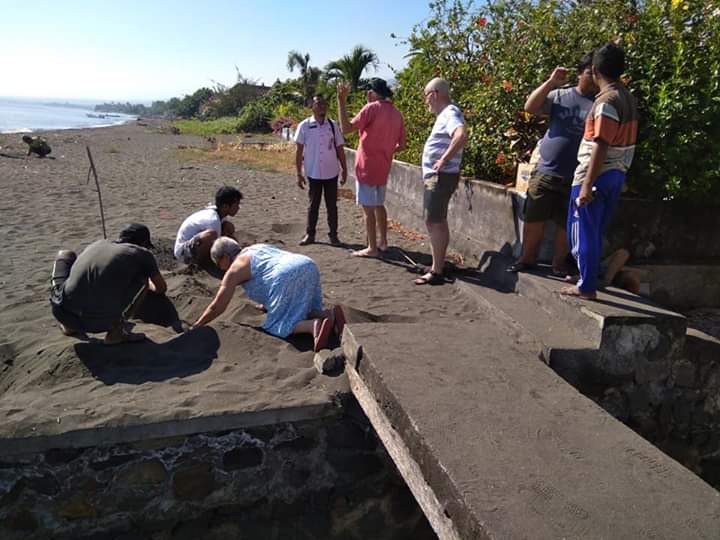Bali, known as the "Island of Gods," is a tropical paradise nestled in the Indonesian archipelago. Beyond its stunning beaches and lush landscapes, Bali boasts a rich cultural heritage that is deeply intertwined with its everyday life. Balinese culture is a captivating tapestry of ancient traditions, religious beliefs, and vibrant rituals that have been passed down through generations. In this article, we will delve into the essence of Bali's culture and explore some of its most significant rituals.
Hindu Influence and Religious Significance:
The predominant religion in Bali is Hinduism, which sets it apart from the rest of Indonesia. Balinese Hinduism is a unique blend of Indian Hinduism, Buddhism, and animism, giving rise to a distinct religious identity. The Balinese people have embraced Hinduism with great devotion, and it permeates every aspect of their lives.
Central to Balinese culture are the numerous temples, called "pura," scattered across the island. These temples serve as places of worship and are the epicenters for various religious rituals and festivals. The most iconic and largest temple, Pura Besakih, is nestled on the slopes of Mount Agung and is considered the "Mother Temple" of Bali.
Galungan and Kuningan: Celebrating the Victory of Good over Evil:
Galungan and Kuningan are among the most important and widely celebrated festivals in Bali. Galungan marks the triumph of good over evil and the arrival of ancestral spirits to Earth. Elaborate preparations precede the festival, including the creation of beautifully adorned bamboo poles called "penjor" that line the streets.
During Galungan, families gather to pay homage to their ancestors and make offerings at temples and family shrines. Intricately crafted offerings known as "canang sari" are made from woven palm leaves and filled with colorful flowers, rice, and various symbolic items. These offerings are placed throughout the home, in temples, and along roadsides, creating a mesmerizing sight.
Kuningan, which occurs ten days after Galungan, signifies the culmination of the festival. On this day, Balinese families bid farewell to their ancestral spirits and offer prayers for prosperity and well-being.
Nyepi: Bali's Day of Silence and Reflection:
Nyepi, also known as the Balinese New Year, is a unique and enchanting celebration of silence and introspection. Unlike typical New Year festivities, Nyepi is a day of complete stillness, where the entire island comes to a halt. Balinese people observe silence, refraining from entertainment, work, travel, and even lighting fires.
Nyepi is believed to be a time when evil spirits roam the Earth, and by observing silence and darkness, they pass by unnoticed. The day before Nyepi, the island buzzes with activity during the Ogoh-Ogoh parade. Gigantic paper-mâché effigies of demons are paraded through the streets, symbolizing the purification of negative forces.
Barong Dance: A Visual Spectacle of Myth and Folklore:
The Barong Dance is a captivating theatrical performance that showcases the eternal battle between good and evil. The dance is steeped in mythology and folklore and is accompanied by a hypnotic gamelan orchestra. The Barong, a mythical creature representing good, combats the Rangda, an evil witch.
This dance not only entertains but also serves a spiritual purpose, as it is believed to cleanse the area of negative energies. The intricate masks, ornate costumes, and rhythmic movements of the performers create a visually stunning spectacle that mesmerizes audiences.
the soul of the island, reflecting the profound spirituality and strong sense of community that define Balinese society. From the colorful festivals to the elaborate temple ceremonies, every ritual in Bali is a testimony to the island's deep-rooted traditions and unwavering devotion.
Beyond the mentioned rituals, Bali is also renowned for its various other customs and practices. The "Melasti" ritual involves a ceremonial cleansing of sacred objects and statues at the beach, followed by a vibrant procession back to the temples. The "Tooth Filing" ceremony, known as "Mepandes," is a rite of passage for adolescents marking their transition to adulthood. It symbolizes the purification of human desires and the pursuit of spiritual balance.
Furthermore, Bali is known for its unique form of communal organization called "Subak," which governs the island's complex rice terraces and irrigation systems. This system not only ensures the sustainable cultivation of rice but also embodies the harmonious relationship between humans, nature, and the spiritual realm.
In addition to its religious rituals, Bali also cherishes its artistic expressions. Traditional music and dance, such as the graceful Legong and dynamic Kecak, showcase the island's artistic prowess and serve as a medium for storytelling and spiritual expression. Balinese art forms are often accompanied by intricate costumes, handcrafted masks, and skillful movements, creating a visual and auditory feast for spectators.
The preservation of Bali's culture and rituals is of paramount importance to its people. Despite the growing influx of tourism and modernization, the Balinese have managed to safeguard their traditions, passing them on from one generation to the next. The commitment to cultural heritage is evident in the countless ceremonies and rituals that continue to be performed with utmost reverence and authenticity.
Visitors to Bali have the privilege of immersing themselves in this vibrant cultural tapestry. They can witness and participate in various rituals, attend traditional performances, visit temples, and engage with the warm and welcoming Balinese people. Such experiences offer a deeper understanding of the island's rich cultural fabric and leave a lasting impression on the hearts and minds of those who visit.
In conclusion, Bali's culture and rituals are a testament to the island's spiritual essence and deep-rooted traditions. They showcase the Balinese people's unwavering devotion, sense of community, and harmonious relationship with their surroundings. Exploring Bali's cultural heritage provides a gateway to a world where ancient rituals and vibrant celebrations merge, leaving indelible memories of the mystical Island of Gods




